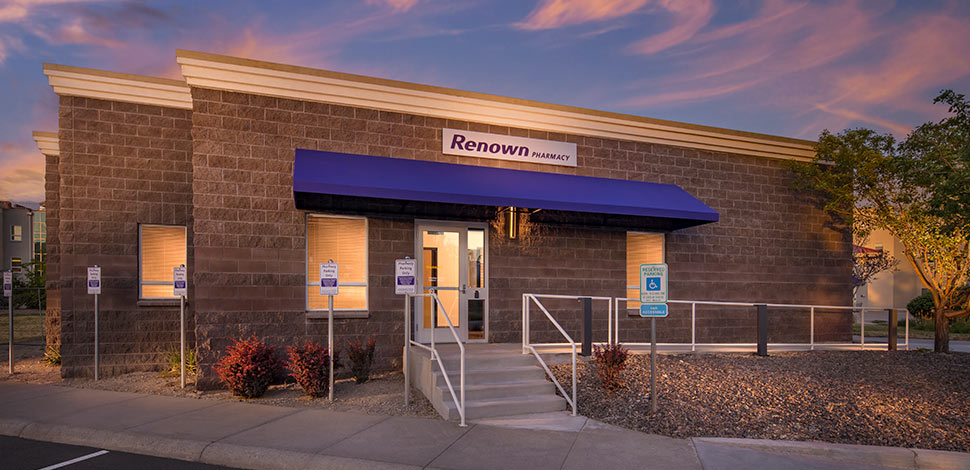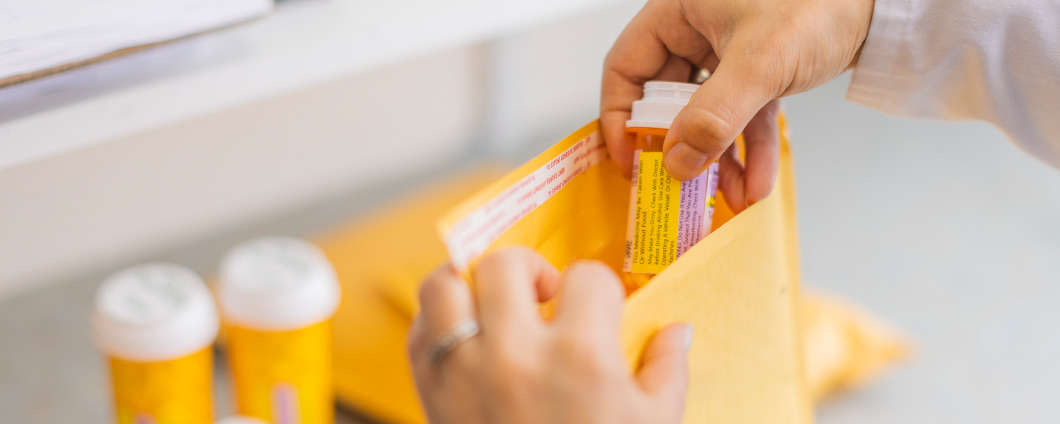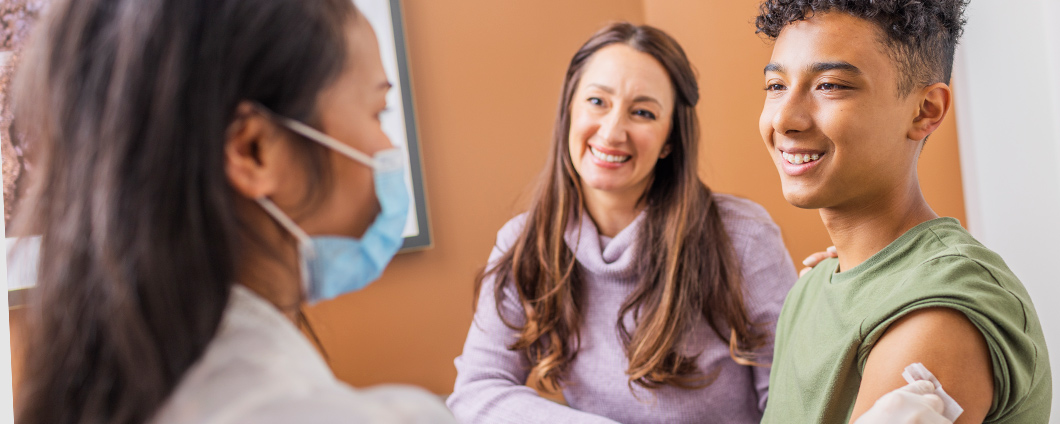Buscar
Results for 'forms'
Clear-
Name-Brand Medication vs. Generic: What's the Difference?
Most prescriptions meds are available in generic form. Find out the similarities and differences between the two and how to determine whether a generic is right for you. Approximately 80 percent of prescriptions sold today are generics. If you’re taking a prescription medication, chances are it’s a generic form of the brand-name drug. But are you getting the same quality in a generic medication? Do generics measure up? The answer in most cases is yes — generics, just like branded products, are regulated by the Food and Drug Administration. “To have a generic product approved by the FDA, the generic manufacturer must prove that its product is bioequivalent to the branded product,” explains Adam Porath, PharmD, BCPS AQ-Cardiology, BCACP and Vice President of Pharmacy Services. Basically, it has to function the same. “Generic products are extremely well tolerated and will provide the same results as using a branded product,” Porath says. Here’s how generics are the same as name-brand prescriptions: Generic products contain the same active ingredients. They produce the same desired clinical effect and accompanying side effects. Generics come in the same form as their branded counterparts: pill, liquid or inhaler, for example. Release into the bloodstream matches the name brand in timing and strength. Here’s how they differ: Generics generally cost less. Federal law requires generics have different names and look different: shape, size, markings and color. Generics contain different inactive ingredients, like binders, fillers and artificial colors. Different side effects with generics can usually be attributed to these additions. Why do generics cost less? When pharmaceutical companies develop a new drug, they are paying for research, development, clinical studies, marketing — in some cases it can cost more than $800 million and take 10 to 15 years to develop a new drug. “The manufacturers of branded medication products have to recoup their research and development costs,” Porath says. So companies are granted a limited patent to sell their drug without the competition of generic counterparts. “When patent exclusivity ends, the market is open for any generic manufacturer to make a competing product with FDA approval.” Without the same startup costs, companies can sell generics at 80 to 85 percent less. And because more than one company can produce the same generics, competition drives prices even lower.
Read More About Name-Brand Medication vs. Generic: What's the Difference?
-
Renown Pharmacy Vaccinations
Pharmacy Vaccinations by Appointment The Renown Pharmacy team can order additional vaccines with advanced notice. Please call 775-982-7737 before scheduling to check on availability. Renown Pharmacy provides vaccinations by appointment for the following: COVID-19 Bivalent vaccine (Pfizer-BioNTech) Hepatitis B vaccine (HEPLISAV-B) Human Papillomavirus (HPV) vaccine (Gardasil 9) Influenza/Flu vaccine (High dose for 65+ and standard dose for those six months to 64 years) Measles, Mumps, Rubella (MMR) Meningococcal (meningitis) vaccine (Menactra) Meningococcal B vaccine (Trumenba) Monkeypox vaccine (JYNNEOS) Shingles vaccine (Shingrix) Pneumonia vaccine (Pneumovax23 and Prevnar 20) Tetanus, provided though the tetanus, diphtheria and pertussis (Tdap) booster (Adacel) You may request appointments for any of these vaccines within MyChart
-
 Renown Pharmacy - South MeadowsRenown Pharmacy - South MeadowsHorarios
Renown Pharmacy - South MeadowsRenown Pharmacy - South MeadowsHorarios
Lun. a vie.8 a.m. - 5 p.m.Sáb. y dom.Cerrado -
Diabetes tipo 2: Lo que debe saber
Type 2 diabetes, formerly known as adult-onset diabetes, is on the rise for adults and children in the United States. Although genetics play a role, you can take steps today to lower your risk of developing this life-altering condition. Michael Raymund Gonzales, MD with Renown Endocrinology answered our questions about Type 2 diabetes and gave us some useful tips for prevention. What effect does diabetes have on the body? And who’s most at risk? First, it’s important to know the difference between the two most common types of diabetes: Type 1 diabetes is the result of the body’s inability to make insulin, which is a hormone your body needs to be able to use sugar, or glucose, for energy. Type 1 is not preventable, and people who have it were either born with it or they developed it later in life due to an autoimmune process that attacked the pancreas that went unrecognized. Type 2 diabetes occurs when the body makes the insulin hormone, but it might not make enough or work well enough for the body to use sugar for energy. This is called insulin resistance. This condition usually develops later in life but is preventable with proper diet, exercise and weight loss. However, due to the obesity epidemic, type 2 diabetes is occurring more often in younger individuals. Diabetes hurts the body’s ability to break down glucose, so rather than it being used for energy, glucose stays in the bloodstream, which can cause problems. But with early detection and the help of your doctor, diabetes can be managed so that complications are avoided. Left unmanaged, however, diabetes can affect major organs and lead to heart and blood vessel disease, nerve damage, kidney damage, eye damage, skin conditions and more. Type 2 diabetes also results from risk factors that you can’t control, including your family history, race and age. However, there are a few risk factors that you can watch out for, such as being overweight, inactivity, diet choices, having high blood pressure and high cholesterol and triglycerides.



